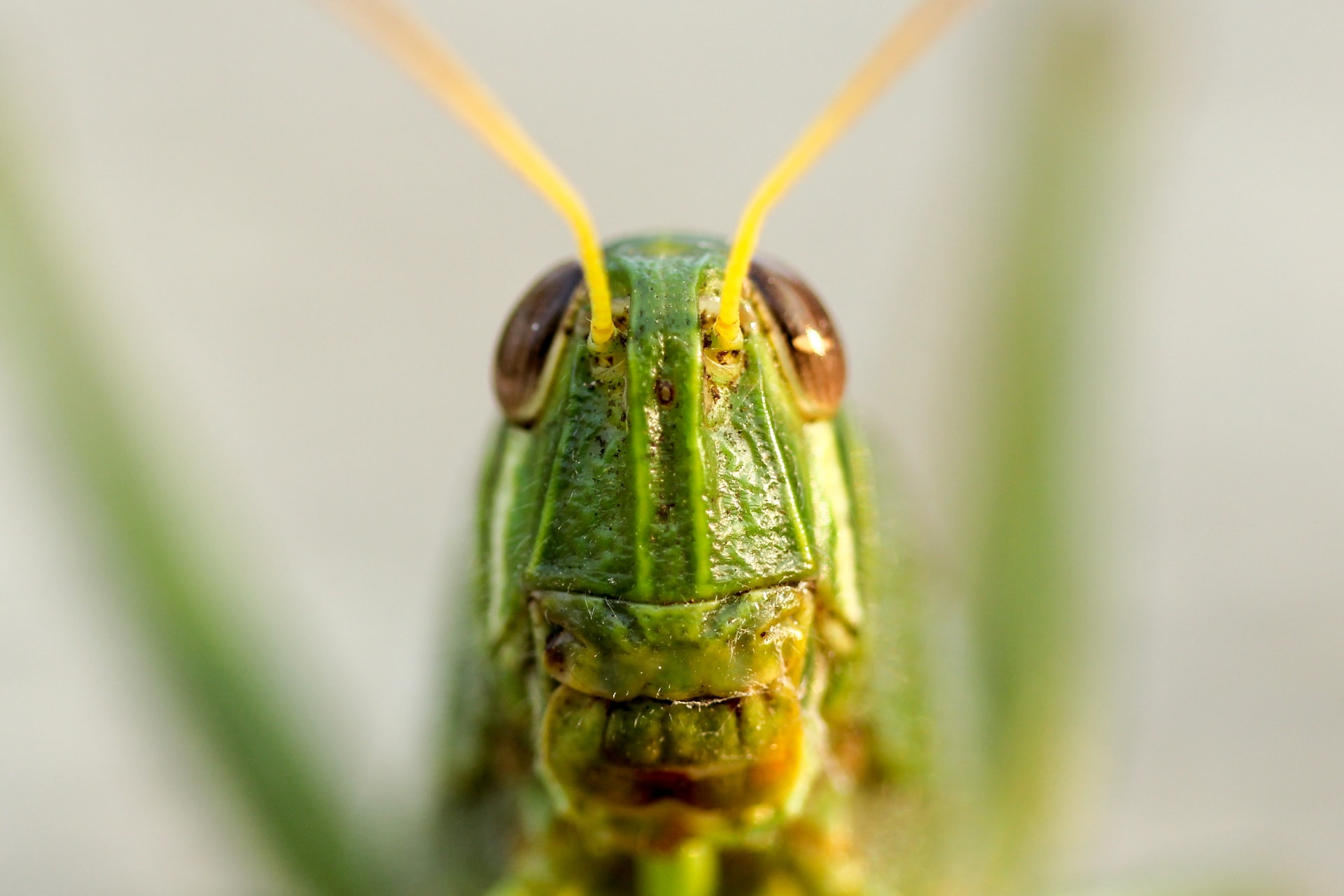
[Listen to an audio version here]
In 2016, fires from Chimney Tops sped down through the mountains into Gatlinburg, TN. All around the Parkway, the fire blazed and threatened to consume the town. The fire moved quickly toward Pigeon Forge. The result was thousands displaced, more than a dozen killed, and countless structures destroyed. People here had never experienced anything like it. By the morning of November 29, people were in shock and uncertain of what or who had survived.
In such times, we need comfort as we feel the loss of the normal things that support us. But these tragedies are the sorts of events that can transform us and shape our lives. These sorts of events can help us see beyond our ordinary daily lives and look to the end of life and eternity. They can help us think more seriously about who we are and what we are doing and should be doing.
That’s just what happened with the prophet Joel and with other prophets. They considered the tragedies of life deeply, and as they looked, they got a vision. They saw beyond the ordinary. They saw the big issues of life. We want to look at one particular vision today, that of the prophet Joel. I want you to see three things in this book: the God of wrath, the call to repent, and the God of Hope.
The God of Wrath
We do not know much about the prophet Joel at all. What we do know is that something terrible happened in his lifetime, an event like they had never seen. “Hear this, you elders; listen, all who live in the land. Has anything like this ever happened in your days or in the days of your ancestors?” (Joel 1:2). And what had occurred? Locusts or grasshoppers had come into the land and were eating everything. They were leaving nothing behind. “What the locust swarm has left the great locusts have eaten; what the great locusts have left the young locusts have eaten; what the young locusts have left other locusts have eaten” (Joel 1:4). These people depended on the yearly crops just to survive, and now the locusts were eating everything. “Despair, you farmers, wail, you vine growers; grieve for the wheat and the barley, because the harvest of the field is destroyed” (Joel 1:11). This is a disaster on a scale that is difficult for us to imagine.
I always had a hard time visualizing what this sort of thing would look like until I lived in South Dakota. One year, the grasshoppers just kept multiplying. They covered everything. There were literally dozens of them per square foot in our backyard. Our kids didn’t want to go outside because they would be wading through grasshoppers. The spiders also multiplied greatly because they could eat the grasshoppers. I had never seen so many in my life. This was a small taste of what it was like to experience this terrible plague of locusts that the people of Israel experienced in the time of Joel.
So, what did they do with such an experience? The prophet Joel reflected on this event, and it enabled him to see the wrath of God coming on this world. He saw it as a vision of the final judgment where God would come back and settle all accounts and deal with every wrong in every human heart.
